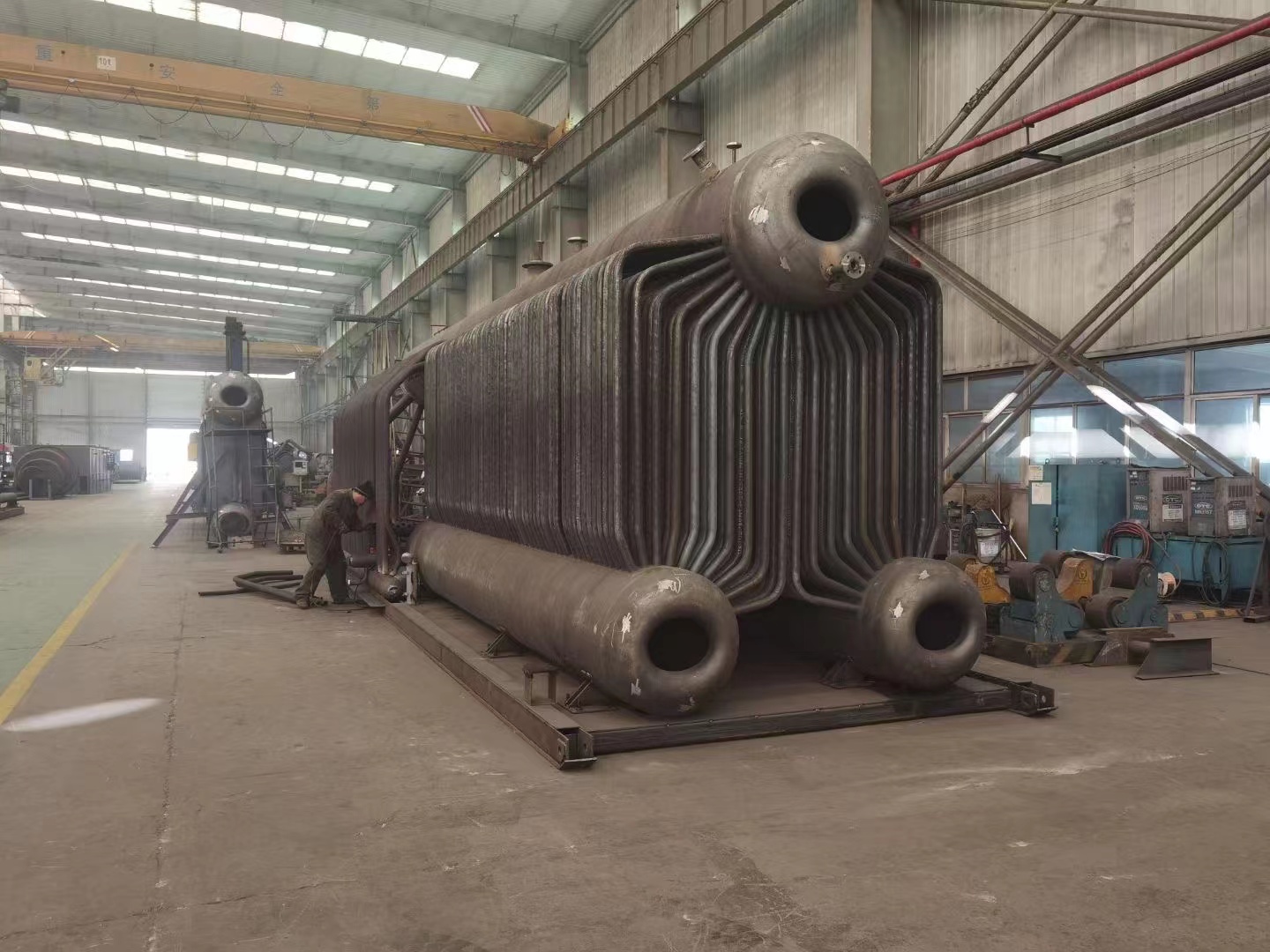Top Manufacturers of Waste Heat Recovery Boiler Solutions and Products
Waste Heat Boiler Manufacturers Harnessing Energy More Efficiently
In today’s rapidly evolving industrial landscape, the efficient management of energy resources has become a paramount concern. One innovative solution that has gained traction in recent years is the waste heat boiler (WHB). These specialized boilers convert waste heat—usually generated during industrial processes—into usable energy, thus improving overall system efficiency and reducing emissions. This article explores the role of waste heat boiler manufacturers, the significance of their products, and the challenges they face in the industry.
Understanding Waste Heat Boilers
Waste heat boilers are designed to capture excess thermal energy produced by various industrial processes, including manufacturing, power generation, and chemical processing. This energy, if not recovered, is typically lost to the environment, leading to inefficiencies and increased fuel consumption. By using waste heat boilers, industries can convert this lost energy into steam or hot water, which can then be utilized for various applications, including electricity generation, heating, and additional process requirements.
The Role of Manufacturers
Waste heat boiler manufacturers play a crucial role in maximizing energy efficiency across industries. Their products come in various designs and specifications tailored to different applications, systems, and scale. The key responsibilities of these manufacturers include
1. Innovation To improve the efficiency and performance of waste heat recovery systems, manufacturers continuously innovate their products. This includes enhanced materials (such as corrosion-resistant alloys), advanced control systems, and improved heat exchanger designs, allowing for optimized thermal performance.
2. Customization Different industries generate varying types and quantities of waste heat. Manufacturers often work closely with clients to customize WHBs that meet specific needs, ensuring that the technology is best suited for the particular industrial process and its waste heat characteristics.
3. Compliance and Safety Manufacturers must ensure that their products comply with regional and global safety and environmental regulations. This not only includes adherence to performance standards but also ensuring that installation and operational practices minimize risks to personnel and the environment.
4. Support and Maintenance Post-installation, manufacturers typically offer maintenance and support services to ensure that waste heat boilers operate efficiently over time. This may include training for facility staff, routine inspections, and performance monitoring.
waste heat boiler manufacturers products

Benefits of Waste Heat Boilers
Utilizing waste heat boilers offers numerous benefits to industries. Firstly, they significantly reduce energy costs by recovering and reusing energy that would otherwise be wasted. This recovery can lead to reduced fuel consumption and operational costs, thereby enhancing financial performance.
Secondly, waste heat boilers contribute to sustainability efforts. By improving energy efficiency, they help industries lower their carbon footprint and comply with stricter emission regulations. This is particularly significant in an era where there is increasing pressure on companies to adopt greener practices.
Lastly, the introduction of WHBs can improve overall process reliability. By harnessing waste heat, industries can stabilize their energy supply, which can be advantageous during peak consumption periods or when primary energy sources fluctuate in availability.
Challenges Facing Manufacturers
Despite their numerous advantages, waste heat boiler manufacturers face several challenges. One of the primary hurdles is the initial cost of investment. While WHBs provide long-term savings, the upfront expenditure can be a barrier for some companies, particularly smaller firms.
Additionally, there is a need for more widespread awareness about the benefits of waste heat recovery. Some industries may be hesitant to adopt new technologies without fully understanding their potential advantages. Manufacturers must engage in educational outreach to demonstrate the efficacy and benefits of their products.
Finally, advancements in technology mean that manufacturers must consistently adapt to emerging trends. Keeping pace with technological innovations in waste heat recovery, energy storage, and integration with renewable energy systems is essential for remaining competitive.
Conclusion
Waste heat boiler manufacturers play a vital role in facilitating energy efficiency and sustainability across various industries. By capturing and reusing waste heat, these systems not only reduce operational costs but also contribute to environmental protection. Despite the challenges, continued innovation and education about the benefits of waste heat recovery can pave the way for further advancements in this essential field, ensuring that industries are better equipped to face a resource-constrained future. As the demand for sustainability grows, waste heat boilers stand out as a promising solution for industries looking to improve their energy practices. Through the dedication of manufacturers and the adoption of these technologies, significant strides can be made towards a more efficient and sustainable industrial landscape.
-
China Steam Boiler Price: Efficient Industrial Systems & BurnersNewsAug.10,2025
-
Leading Electric Steam Boiler Manufacturers & Industrial SolutionsNewsAug.09,2025
-
Industrial Electric Steam Boiler Manufacturers | Efficient SolutionsNewsAug.08,2025
-
Industrial Electric Steam Boilers | Top Manufacturers & SuppliersNewsAug.07,2025
-
Leading Electric Steam Boiler Manufacturers for IndustryNewsAug.06,2025
-
Top Electric Steam Boiler Manufacturers | AI EfficiencyNewsAug.04,2025

